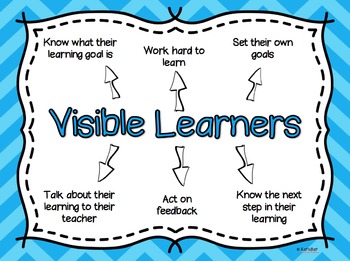

Through Vision 2030, educators and policymakers are anticipated to participate by reconstructing the educational system to focus on workforce skills, stimulate creativity and highlight children’s characters and talents. This ambitious vision requires revolutionizing goals in several sectors of the Kingdom of Saudi Arabia, including the educational sector. Saudi Vision 2030, a blueprint for reform, is about transforming the Saudi economy away from an overreliance on oil incomes to a more balanced and multi-sourced, investment-based model. The findings of this study were interpreted in light of the current educational context of mathematics teaching and technology integration in Saudi Arabia’s education system, and their implications for researchers, teacher educators and policymakers were discussed.

The results also showed that the competence level of information and communication technology (ICT) integration is a determining and influential factor that enhances the practices teachers undertake to achieve a better effect on their students’ learning progress. The survey results from 119 participants indicated that Saudi mathematics teachers expressed a moderate to great level of evidence-based VL practice to enhance and promote students’ learning achievements and progress. The Visible Learning Scale (VLS) instrument was conceptually developed based on Hattie’s eight mind frames of VL.

A number of determining factors influencing mathematics teachers to practice VL were also investigated. The present study examined the extent to which mathematics teachers’ practices reflect visible learning (VL) at their schools and in their technology-enhanced classrooms.


 0 kommentar(er)
0 kommentar(er)
